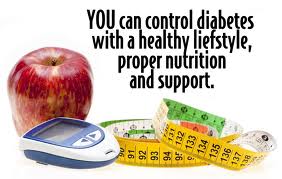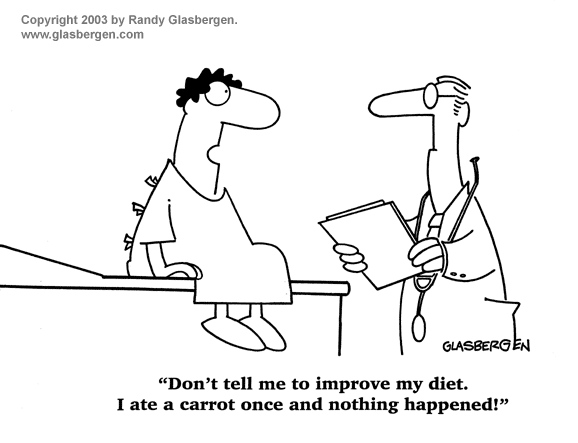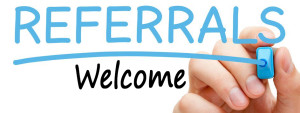
W.O.M.E.N. on a Journey – Fall/Winter (2013-2014) Newsletter
Happy Thanksgiving!
As always, it is a busy holiday season here at W.O.M.E.N. We are also gathering all the holiday news and views at W.O.M.E.N. ready to serve up a sumptuous newsletter for you soon. Remember to look out for our Fall/Winter newsletter in January 2014.
In the meantime, just in case you missed it, do take a moment to catch up on everything we have been up to this past quarter in the spring and summer months, by clicking on the link below:
Please click HERE to view our 2013 Spring/Summer Newsletter!
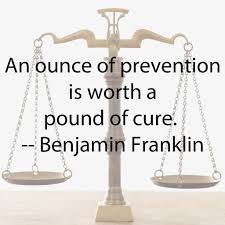
PREVENTIVE HEALTH
Preventive Health
Yes, most people will hardly find the need to go to the doctor unless they are truly sick. Obviously, illness may not be ignored. Yet, with the current skyrocketed healthcare costs and the decidedly reduced income levels of most households, who would pay for something they don’t “need”?
The fact is, however, you really do need it! Women, especially, are at significantly higher risk of developing most chronic diseases affecting our planet. These include Diabetes, Heart Disease and Stroke. Preventive health care can save lives. For example, women who undergo mammograms, screenings for cervical cancer among others, definitely have a better chance of latching onto early onset of disease. In many cases, this vastly improves their chances of better management and containment. In some instances, a complete cure may even be possible. Sadly, most women delay or avoid getting necessary care because of cost.  The irony is that preventive health care really does save lives.
The irony is that preventive health care really does save lives.
There are some things you can begin to do right now that don’t require medical assistance or knowledge. The World Research fund (http://www.wrf.org/preventive-healthcare/preventive-healthcare.php) lists four possible immediate steps you can embark on today towards good health practice:
- Don’t smoke or use other tobacco products; drink only in moderation (and red wine is the most acceptable use of alcohol
- Eat a proper balanced diet to get the correct amount of nutrients and calories daily
- Exercise at least three days per week; aerobic exercise will build muscle and endurance
- See your doctor regularly for checkups
As can be seen from the above, the most important part of preventive health care is maintaining good health habits. In addition to developing these habits, however, some screening services may prove worthwhile in either preventing or at least minimizing the effects of disease. Women, especially, should ensure they undergo the following, as regularly as required, for optimal health:
- Pap smear
- Breast self-examination
- Mammography
- Cholesterol screening
- Cervical cancer screening
- Lung cancer screening for smokers
- Abdominal aortic ultrasound
- Blood Pressure
- Blood Sugar
In addition, you should have a plan for getting professional care before the need arises as well as ensure your immunizations are up to date. This is a must for every member of your family.
Often early detection is the key to effective treatment. 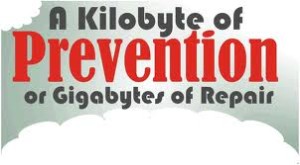 Some symptoms will require you to see your doctor immediately. These include a lump or persistent lesion on your body, a seemingly long lasting fever, persistent and chronic cough, unexplained weight loss and continued aches and pains.
Some symptoms will require you to see your doctor immediately. These include a lump or persistent lesion on your body, a seemingly long lasting fever, persistent and chronic cough, unexplained weight loss and continued aches and pains.
Preventive health is crucial, particularly for women. Protect yourself and your loved ones by taking action to prevent disease and poor health.

Nashville Based Author and CEO Featured in National Publication
|
|||||||||||||||||
|
|

Beating Type 2 Diabetes
Here at W.O.M.E.N. and across the nation, this November we once again turn our focus on Diabetes, a silent killer that continues to be one of the most pervasive diseases among African Americans in the United States. Diabetes is an endocrine disease that causes elevated blood sugar levels and is also popularly referred to as the “sugar” disease. It comes in two different packages, Type1 and Type 2 Diabetes. Most people are unaware of the distinctions between the two, and what you can do to prevent or manage the disease.
The prevalence of the disease is staggering. As statistics from the American Diabetes Association reveal, a whopping 18.7% of African Americans over the age of 20 have Diabetes. Further, according to the US Department of Health and Human Services, African Americans are 2.7 times more likely to be diagnosed with Diabetes and 2.2 times more likely to die from Diabetes than non-Hispanic White Americans. Further, Type 2 Diabetes is the most common type found in the United States and provides one of the biggest challenges facing African Americans today, particularly African American women. The US Office on Women’s Health, Womenshealth.gov, states that one in four African American women over the age of 55 has Type 2 Diabetes.
Type 1 Diabetes can occur at any age but is most commonly seen in children and young adults from infancy to the late 30s. In this type, a person’s pancreas produces little or no insulin. People with Type 1 Diabetes manage the disease by giving themselves insulin injections several times every day, or by having the insulin continually infused through a pump. While the causes of the disease are not yet entirely understood, scientists believe that both genetic factors and environmental triggers are involved. Type 2 Diabetes, on the other hand, typically develops after age 40 but can appear earlier, and has recently begun to be diagnosed with more frequency in children. In this form of diabetes, the pancreas still produces insulin, but it does not produce enough or the body is not able to use it effectively. Type 2 Diabetes often has no warning signs. You can have diabetes and not know it. A few common symptoms include excessive thirst and hunger, increased urination, blurred vision, slow healing wounds or sores, fatigue and irritability, frequent yeast infections, and tingling or numbness. Some people even experience weight loss.
While you can’t control some of the risk factors of Diabetes, such as age, race, and family history, there are steps you can take to prevent or delay the onset of Type 2 Diabetes. In the case of those already diagnosed, you can use some of these strategies to manage the disease and live a full and active life.
What are some of these steps?
– Regularly check your blood sugar, cholesterol levels and blood pressure.
– Consult with your doctor frequently and talk about the disease in your family.
– Calculate your Body Mass Index (BMI) to see if you are at a healthy weight and then strive to achieve or maintain it.
– Eat low-fat, well balanced meals. “You are what you eat” is not an empty overused statement. It is a health fact. Your body will often reflect the contents of your diet.
– Make physical activity a habit. Join a gym; walk for 30-minutes; join a Zumba class; do some aerobic activities of varying intensity throughout the week. Exercise may be difficult in the beginning but soon your body will crave it and drive you to continue to exercise if you keep at it long enough.
– Limit alcohol to no more than one drink per day. You may even choose to eliminate it altogether.
Make a new commitment now to take back control of your life!